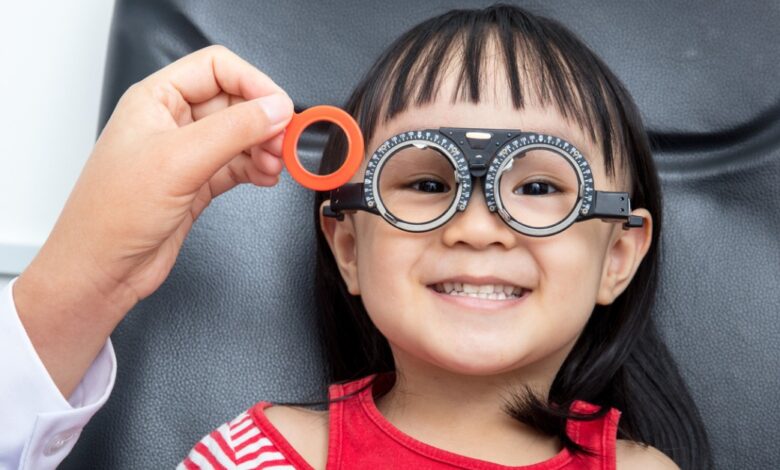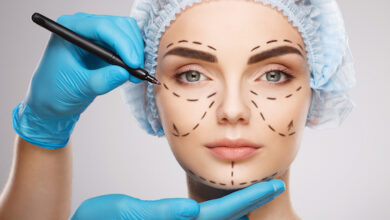Eye Exams for Kids: What Parents Should Know

Taking care of your child’s vision is a key part of supporting their overall well-being. Clear eyesight can impact everything from learning in the classroom to safely playing outdoors. Regular eye exams can offer insights into their visual development, helping catch any potential issues early. If you’re considering an eye exam for your child, here’s what you need to know.
When to Schedule an Eye Exam
Timing plays a key role in safeguarding your child’s eye health. It is generally recommended that a child’s first comprehensive eye exam take place at six months old, followed by another one around age three, and again before they start school. After that, exams every two years are generally recommended unless specified otherwise by an eye care professional. Beyond routine scheduling, there are signs parents can watch for to determine if an eye exam is needed sooner. If your child is struggling to read, constantly rubs their eyes, complains about headaches, or squints frequently, it may indicate a vision issue worth exploring.
What Happens During an Eye Exam
Children’s eye exams are tailored to their age and abilities, making the process kid-friendly and stress-free. During the appointment, an optometrist will assess your child’s ability to see clearly, measure their eye alignment, and check how well their eyes move together as a team. For younger children, games and lights may be used to evaluate vision in age-appropriate ways.
The exam typically includes a discussion about family history, as some conditions can run in families. Depending on the findings, your optometrist will offer recommendations for glasses, further monitoring, or additional steps for maintaining healthy vision.
Why Eye Exams Matter
Eye exams for kids go beyond checking for 20/20 vision. The exam helps identify potential concerns such as nearsightedness, farsightedness, or astigmatism, which can all affect a child’s ability to succeed at school or on the playground. Regular eye check-ups can also spot less obvious issues, such as difficulty tracking objects, which may lead to challenges with reading or concentrating.
Additionally, eye exams can be an opportunity to detect any indicators of more serious health-related conditions. Early identification and intervention can help your child experience a better quality of life by minimizing potential impacts on their development.
Seeking Specialized Care
If your child needs an eye exam, a qualified optometrist should be your primary resource. Optometrists are trained to evaluate and manage children’s vision while addressing concerns that might arise during their development. Pediatric optometrists, in particular, specialize in working with children and offer expertise for more complex cases.
For more specific medical eye issues, such as a disease or injury, your optometrist may refer you to an ophthalmologist. This type of specialist handles medical and surgical care for eye-related concerns.
A Clearer Future for Your Child
Eye exams play a big role in helping your child thrive both in and out of the classroom. By scheduling regular check-ups with an optometrist, you’re setting a foundation for healthy vision and overall well-being. Look for signs that your child might need an eye exam, and stick to an exam routine that works for their age. To find a trusted optometrist or schedule your child’s next eye exam, contact a local eye care professional today.





